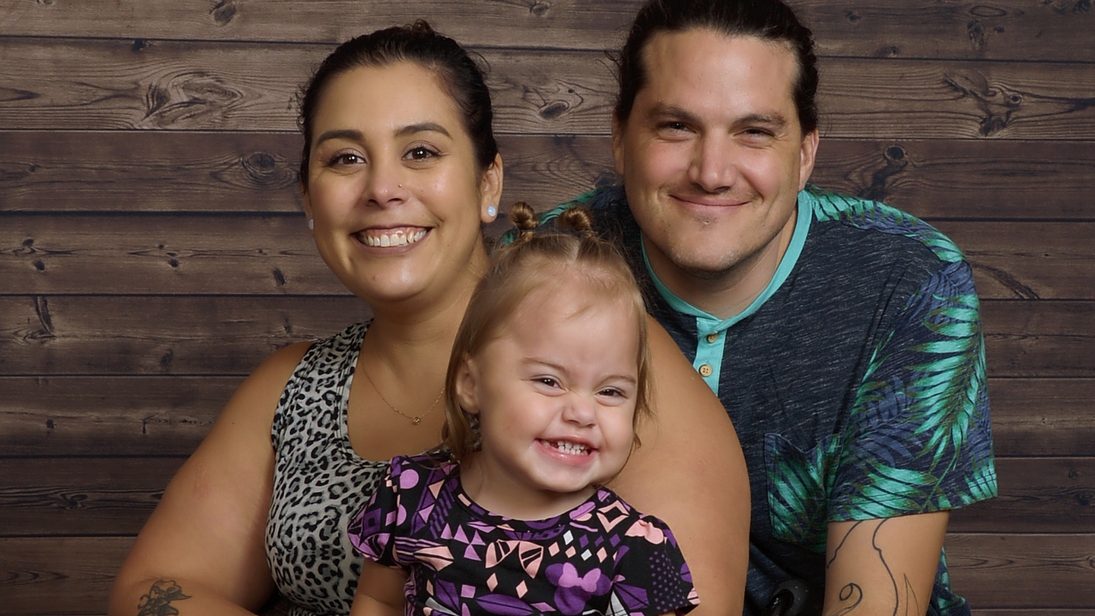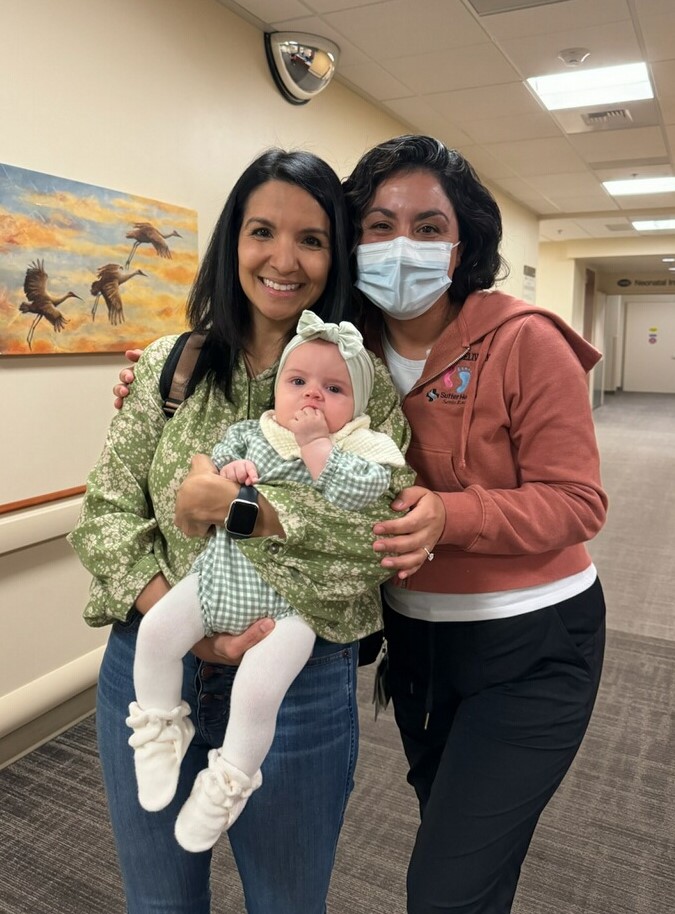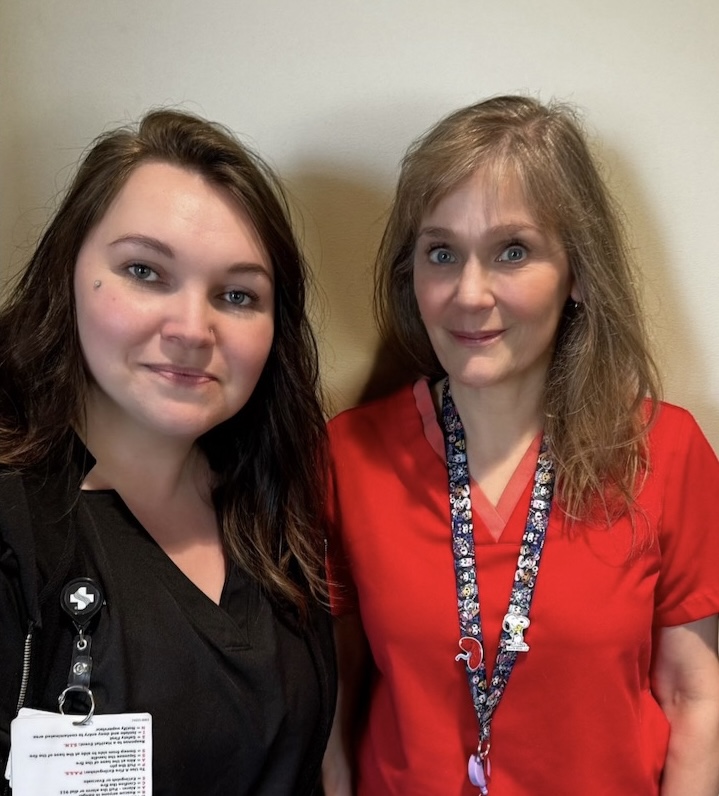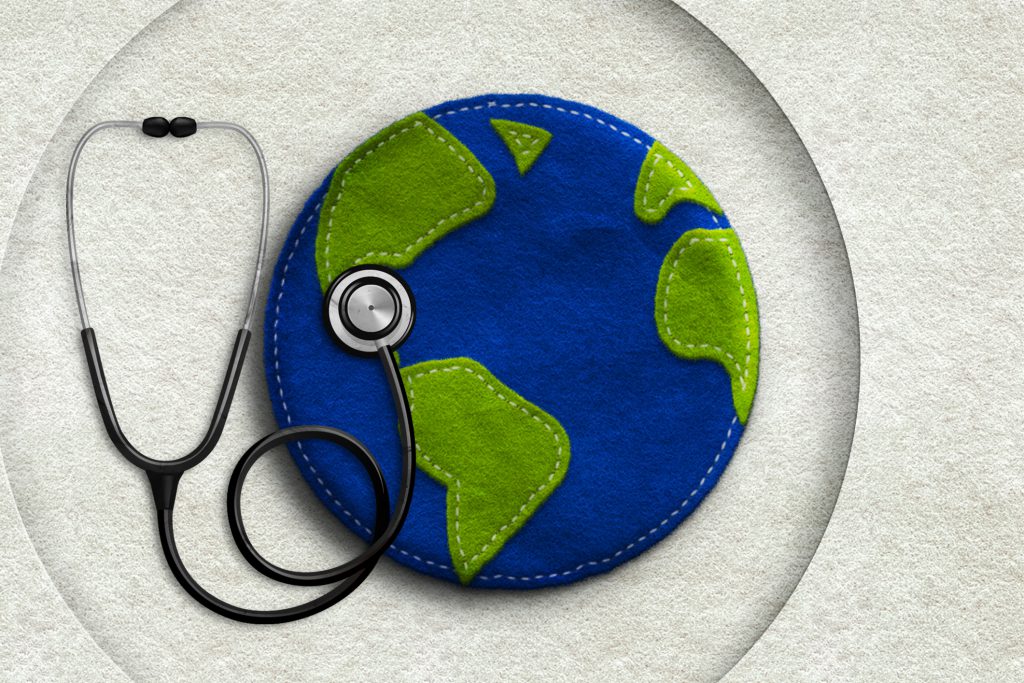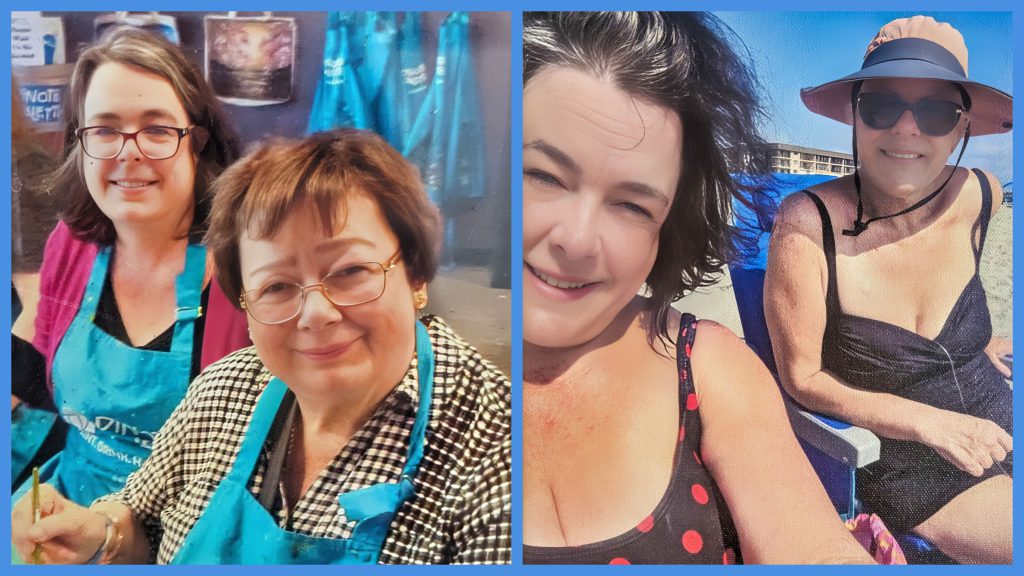This is part of a series celebrating those individuals who define themselves by what they can do, not what they can’t do.
Due to a car accident as a pre-teen, Vanessa Whitehead is confined to a wheelchair. Yet, she doesn’t define herself by what she can’t do, but rather what she can. Now she’s a mother of a child who also has a disability, one that’s much different than her own.
Whitehead, a customer service supervisor with Sutter Health’s Shared Services in Utah, recently wrote about how she may have a disability, but that doesn’t mean she doesn’t have a lot of ability, and she’s proving it day in and day out. Here, she talks about what ability means in her life – and her daughter’s:
I’m a disabled person raising a disabled child.
I was in a car accident at age 12. I’ve lived more than half my life in a wheelchair. And my daughter was born at 24 weeks. She has cerebral palsy and is non-verbal and tube-fed. She also has autism.
With my daughter, I’ve gotten to see a whole different side of ability issues. I’ve adapted, and now I’m learning about neuro diversity.
The Resilience of Children
At 12, I didn’t break my back. I severed my aorta. Somehow, it tied itself in a knot. I went 8½ hours without blood flow to the lower half of my body. My kidneys failed. The nerves in my legs died. It left me similar to a paraplegic.
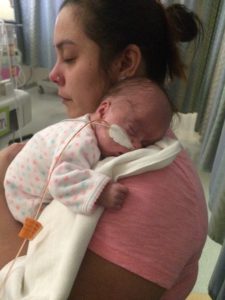
Vanessa Whitehead’s daughter, Afton, spent four months in a NICU.
I was in a coma for a couple of days, and I spent six months in the local children’s hospital. It took me until I was a senior in high school to learn how to dress myself and take care of myself.
There’s something to be said for resilience in children. It would have been much harder as an adult. You think you have your path figured out when you’re an adult. As a child, you bounce back. I was focused on getting back to my life — not on thinking, “poor me.”
I wanted to hang out with friends and date boys. That was my motivating factor.
At 21, I moved out of my parents’ house for the first time. I was married at 22. That was 17 years ago.
We tried having children, and we went through 10 miscarriages before Afton came along. She was in the NICU for four months. She’s 4 now.
Living with a disability, you think you’re prepared. I’d been comfortable advocating for myself. It’s been a switch advocating for somebody who doesn’t have a voice.
She’s so much fun. Her favorite thing is music and dancing. We listen to music all day long. She’s so smart. She has her favorite movies memorized.
She’s in preschool, doing really well. She’s learning on a communication device, an iPad with communication assistance. She can start asking us questions and telling us what she wants.
The Difference Technology Makes
Technology gives us so much freedom. I work from home, and I’m connected to everything. I have a fully equipped van with a lift. I think of all the things Afton needs. She can walk without a walker. We’ve made such strides for people to go about their lives.
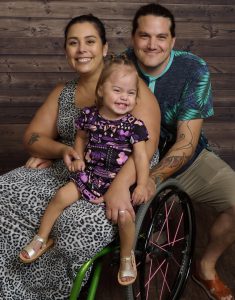
Vanessa Whitehead may be confined to a wheelchair, but that doesn’t stop her from living life to the fullest. Here she is with her husband, Thomas, and daughter Afton.
The most important thing I want people to know is this: Don’t assume somebody can’t do something because of what you think you perceive.
My daughter can’t speak. People assume that means she’s not fully there. But she knows her alphabet and colors and she can count her numbers. She’s at the point of reading. People discount her because she doesn’t verbally speak to them.
You have to adapt how you interact with people of varying abilities, but don’t assume they can’t. If you ask how to support them, they’ll tell you.

